Things the world Owes to India
I can well imagine the reaction of those of you still in the colonial hangover and believe that Indian past had nothing much to be proud of. Some architectural marvels were surely created, but what else?
Well, like the sea-wave, time too has its crests and troughs.
When the Europeans, attracted by the legends of Indian glory and prosperity came to India, our society was at one such terrible trough in our long history. Compared to much progressive West, we gave an impression of being orthodox and undynamic. Many superstitions and conservative rituals and customs ruled the day. It does not mean we had always been the same. The Europe too had its Dark Ages!
Friends, Romans, countrymen! Behold. See for yourself for what all the world should be grateful to us.
- Yoga

Imbued in Hindu classical philosophical traditions, Patanjali compiled the Yoga Sutra in around 400 CE. Need i say more?
- Anesthesia

Well, the world came to know Anaethesia in the 13th century; it has its origins in India beyond that. The vedic texts have confirmed that.
- Surgery

Yes! An Indian. Over 2,600 years ago, Acharya Shushrata taught and, along with his team, conducted complicated surgeries like cataract, artificial limbs, cesareans, fractures, urinary stones. He authored a book which had various volumes, collectively known as 'Susrutha Samhita'.
- Quadratic Equations
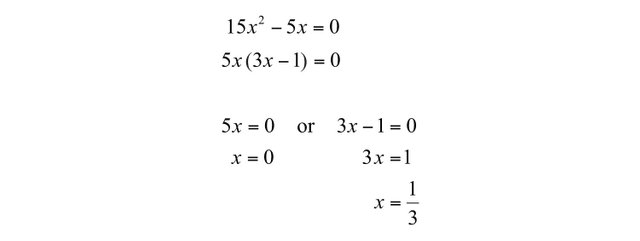
Not many know the ax2+bx+c=0 formula has its roots in India. In the 8th Century AD, Sridhar Acharya was the first to give such quadratic formula in his Patiganitasara or Trisatika.
- Place Value System and Decimal System
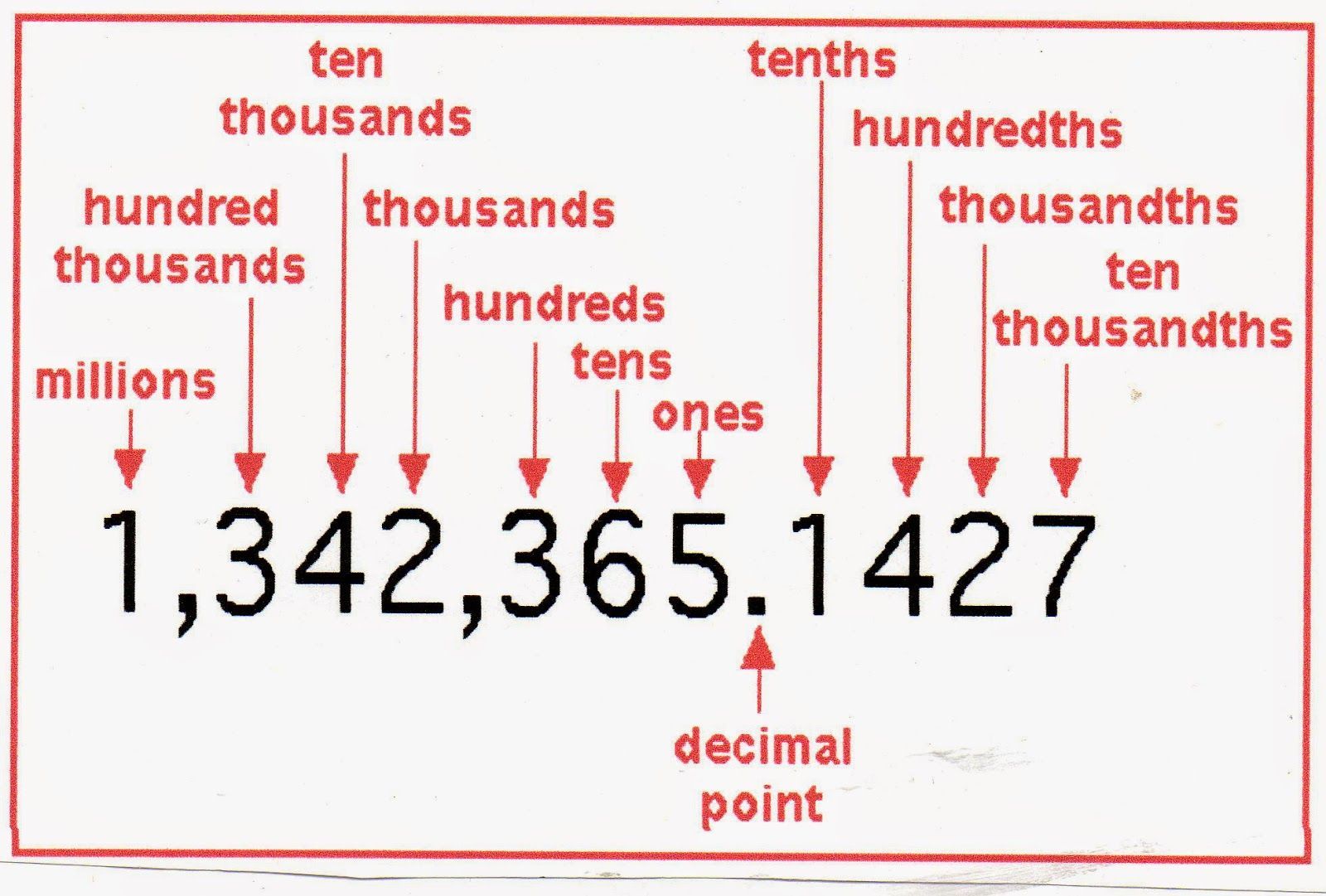
A collective brain child of Indian scholars and mathematicians, way back in 100 BC!
- Pi and Pythagorean Theorem
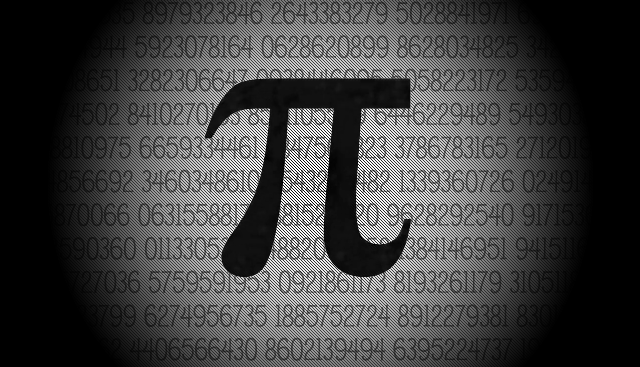
An Indian genius, Aryabhata in his Aryabhatiya (499 CE) gave the the accurate value of Pi to five significant figures and discussed in fundamentals of the trigonometry.
- Zero

In 500 AD circa Aryabhata again gave a new symbol for zero (0). Imagine present mathematics, science, economics without zero!
- Astronomy

Again, Aryabhata was the first to lay the foundation of the heliocentric model. He gave the exact calculation of sidereal rotation and sidereal year. Solar and lunar eclipses were scientifically explained first by him too.
- Navigation
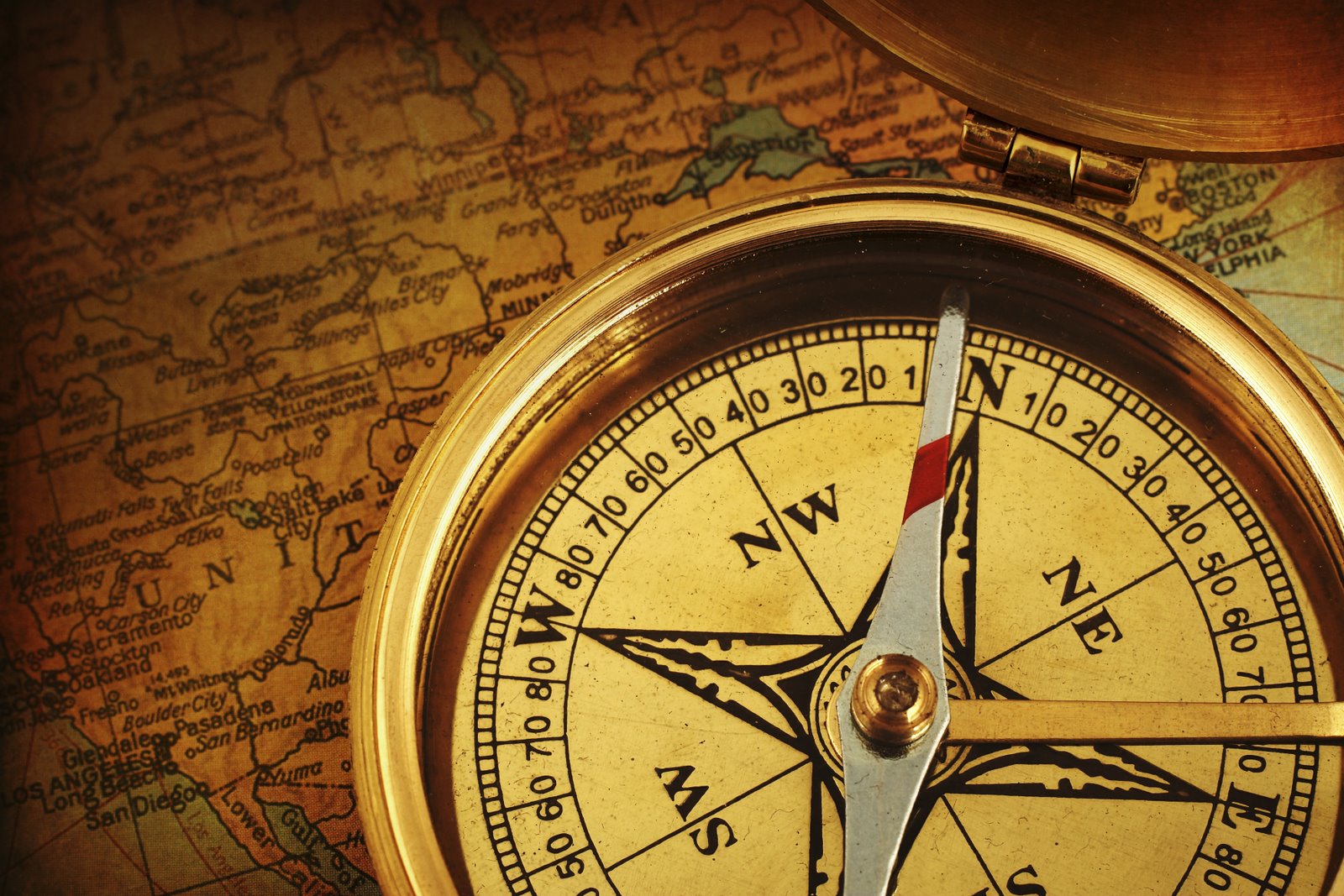
On the banks of river Sindh, the art of Navigation originated centuries ago. The word itself is derived from Sanskrit word 'Navgatih'.
- Snakes and Ladders
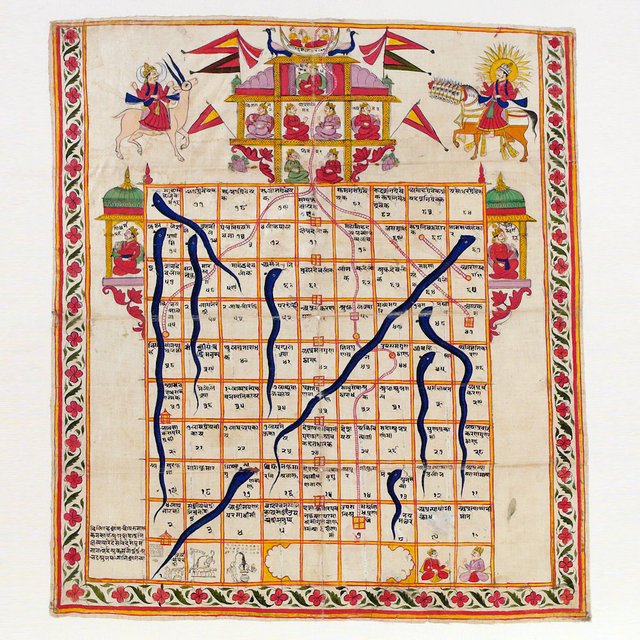
The game of snake and ladders was invented in India in the 13th century by saint Gyandev. The game was originally called 'Mokshapat' and gone through several modifications since its invention.
- Chess

Chess also known as Chaturanga was invented in India during Gupta empire in the 6th century.
- Medicine

Hippocrates is the father of medicine. Think again.
In the 1st millennium BC itself, Ayurveda got consolidated in Charak Samhita.
- World's first university
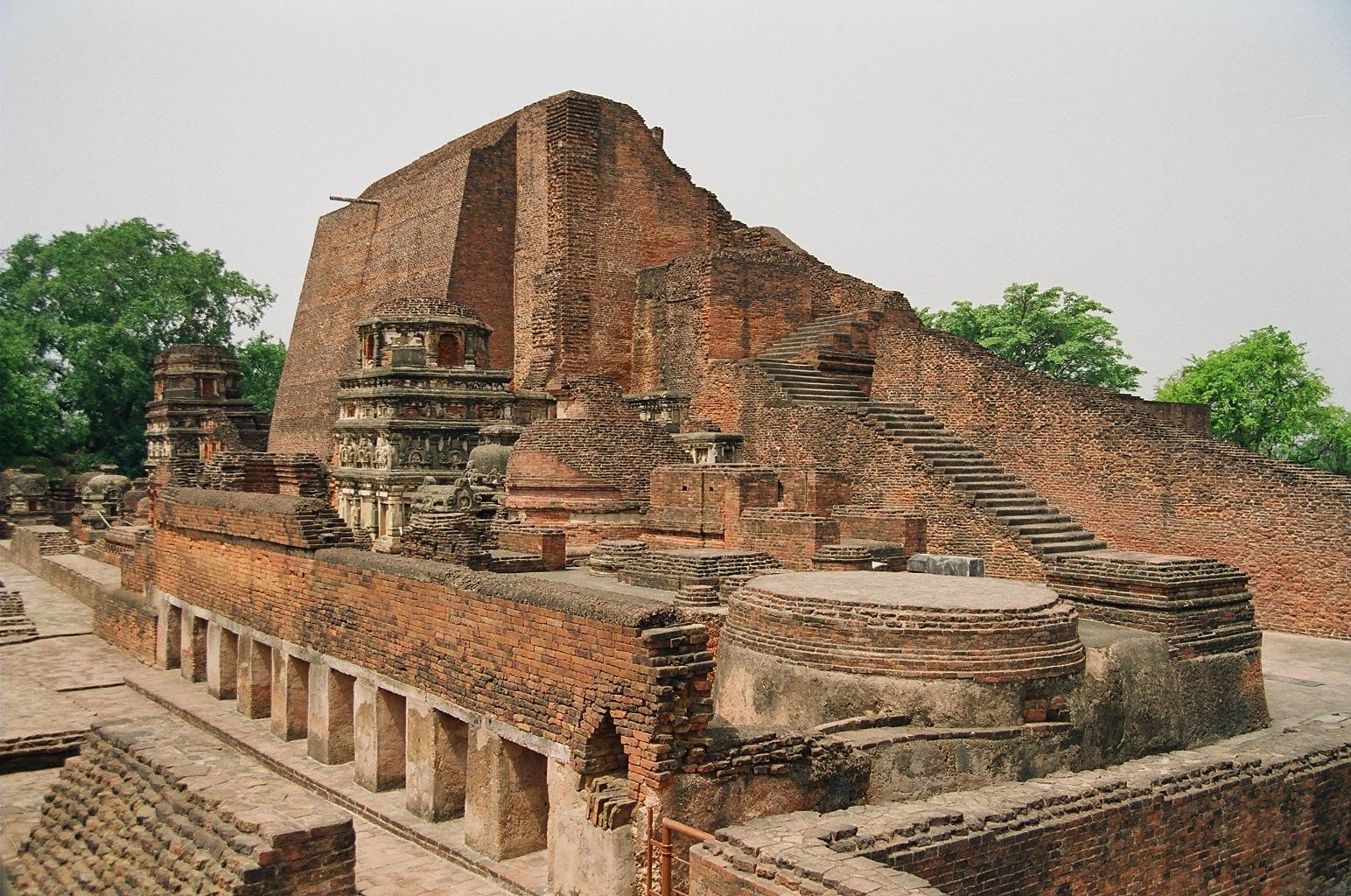
World's first university in Takshila in 700BC. Nalanda University was established in 4th century BC, attracted students from other countries.
- Sanskrit
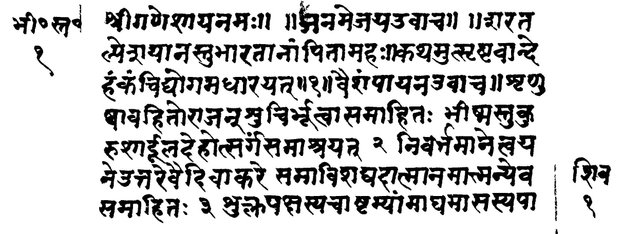
Most of the European languages have their roots in Sanskrit like German and English.
- Binary numbers
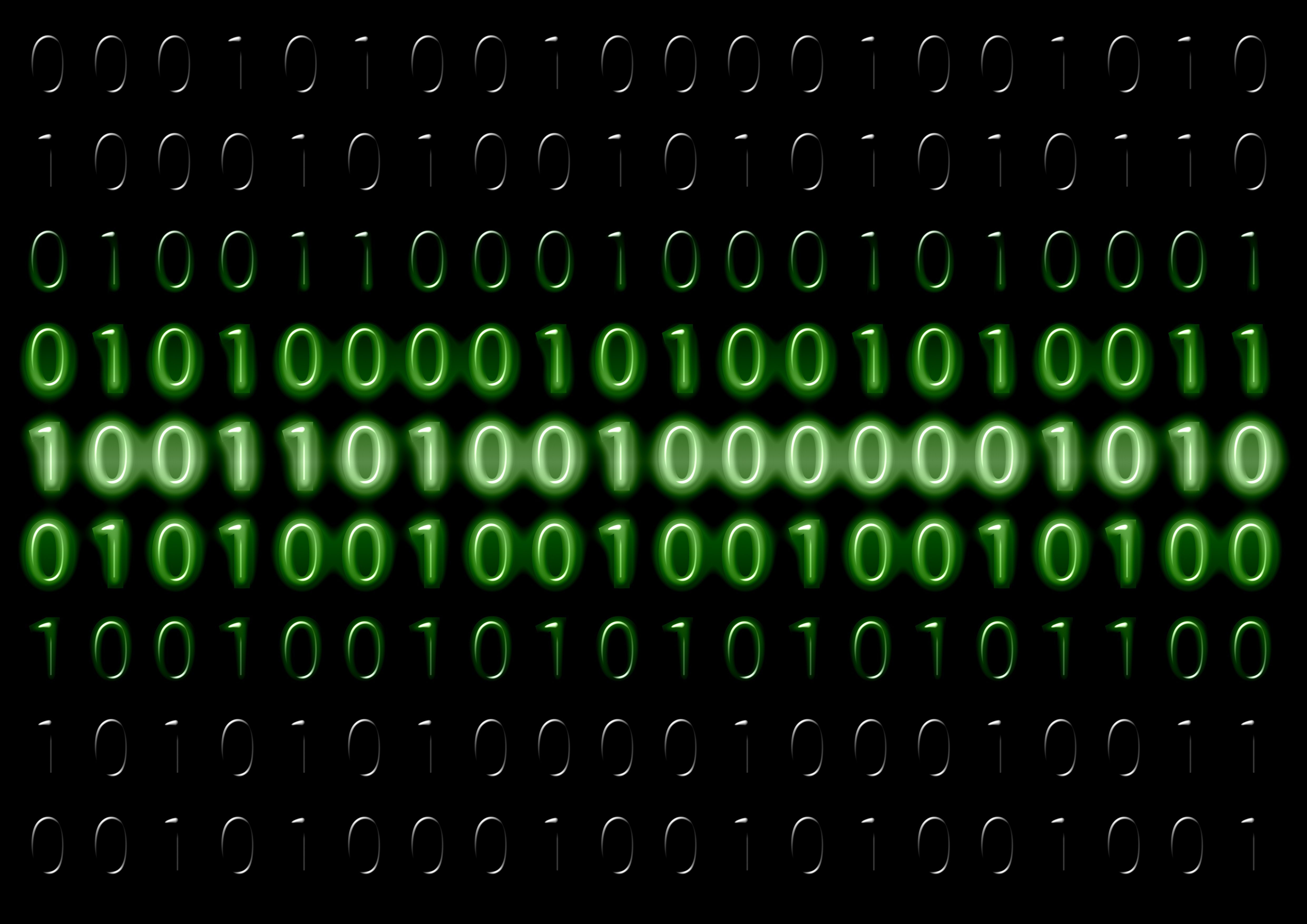
Binary numbers were first described by Pingala (c. 200 BC). Pingala is the traditional name of the author of the Chandahsastra, the earliest known Sanskrit treatise on prosody.
- Fibonacci numbers
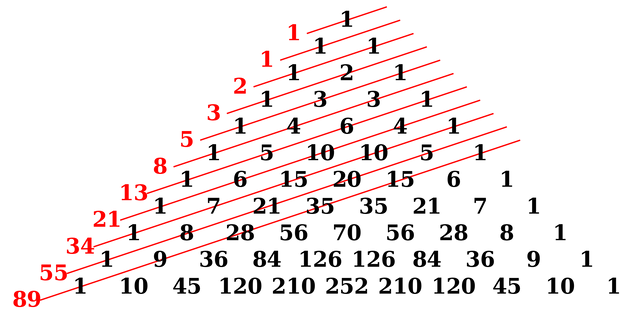
This sequence was first described by Virahanka (c. 700 AD)and later developed by other Indian mathematicians Gopala and Hemachandra as an out outgrowth of the earlier writings on Sanskrit prosody by Pingala.
- Ludo
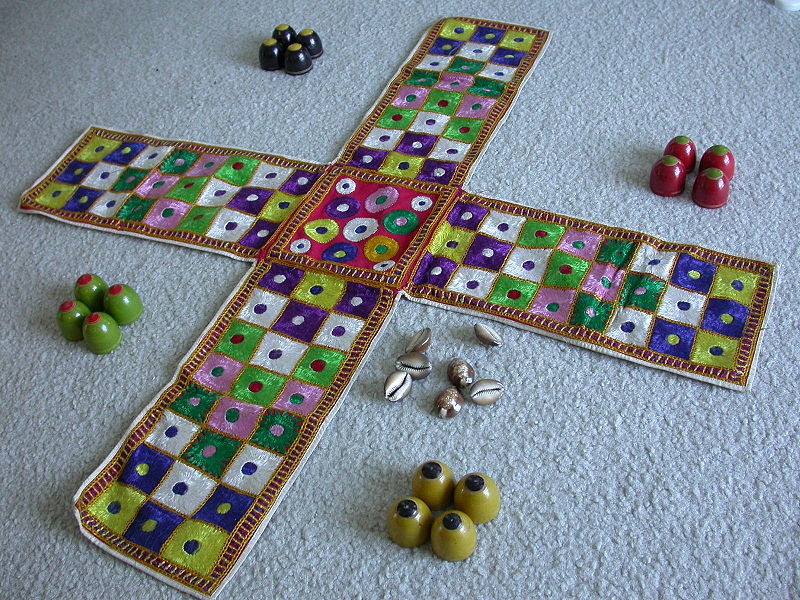
Board game Ludo is a modified version of an India-invented game 'Pachisi'. Remember, Pandava and Kaurava match in Mahabharata.
- Buttons

Yes, buttons too. But, they had more ornamental purpose than for fastening when first used in Mohenjo-daro. They were first used in the Indus Valley Civilization by 2000 BCE.
- Ruler
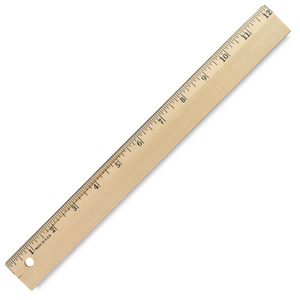
Ruler was invented during the reigns of Indus Valley Civilizations. Rulers were made of ivory those days.
- Globes
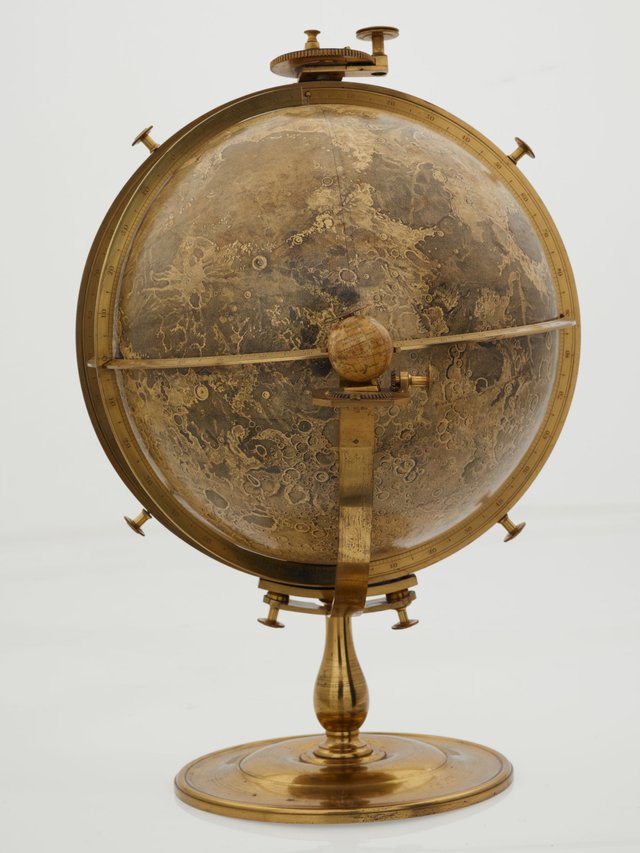
India is one of the first countries to have made globes, a model of earth, called 'Goladipika'
- Ink

India was one of the first countries to use Ink for writing. How else you think Indian sages wrote epics like Ramayana and Mahabharata?
- Flush Toilets
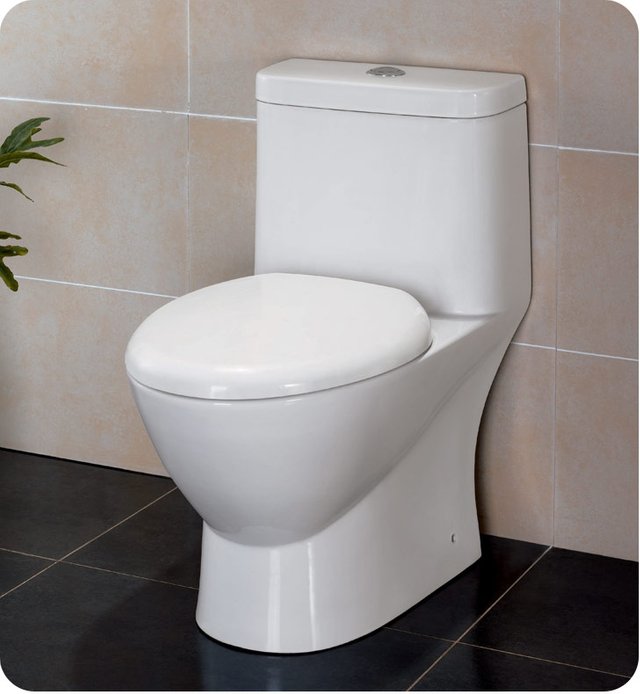
Among other things, the Indus Valley Civilization is known for its hygienic sense. The townships of Harappa and Mohenjo-Daro had flush toilet systems in all the houses connected to sewage system. Ever heard of Sulab International Museum of Toilets?
- Cotton and other fibres
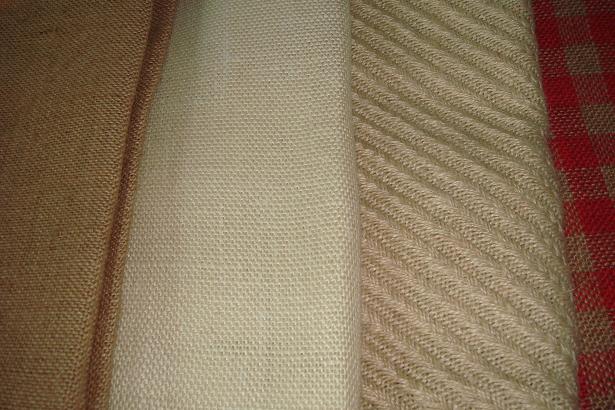
"Hundreds of years before the Christian era, cotton textiles were woven in India with matchless skill, and their use spread to the Mediterranean countries."
-The Columbia Encyclopaedia
- Nonviolence
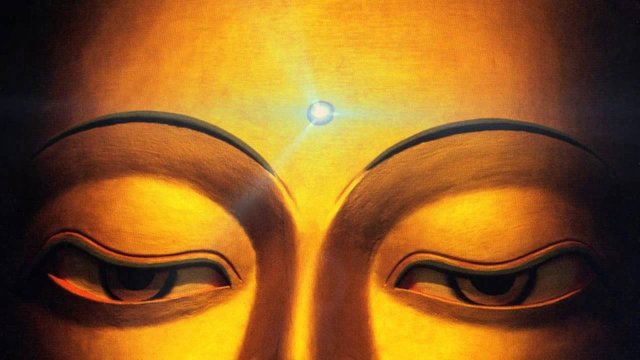
Nonviolence is the corner-stone of the Hindu, Buddhist and Jain philosophy. The virtue gave to the world, Gautam Buddha, the noble Ashoka, Mahavira, and much recently Mahatma Gandhi and Martin Luther King.
This is in no way an exhaustive list, however, enough to swell you in pride. Imagine, if the recent accomplishments are added too...Proud to be an Indian.